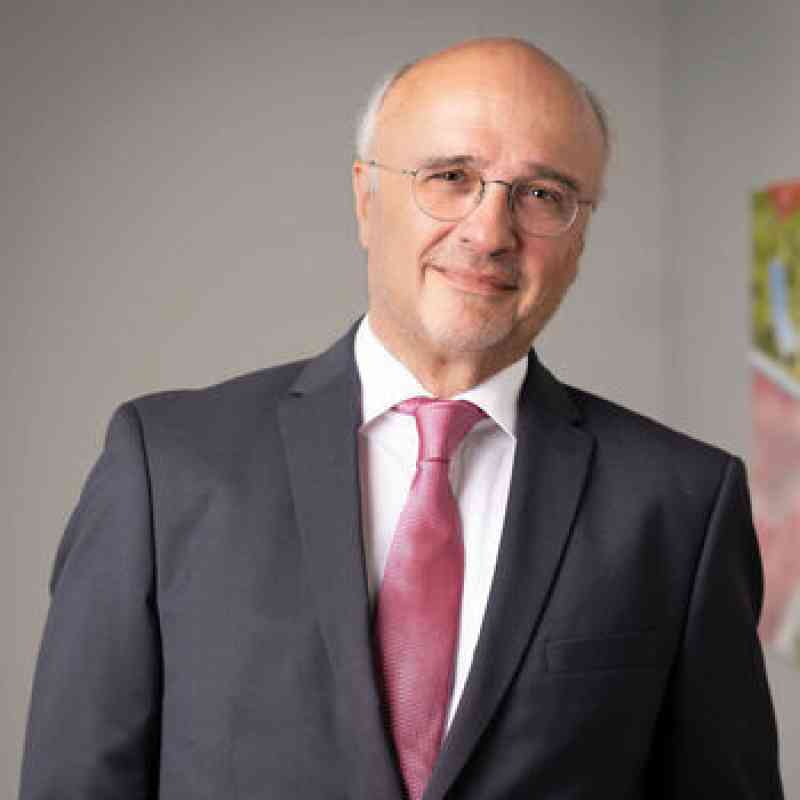EU/Competition – Legal News
6 June 2023
Carbon Contracts for Difference: Federal Ministry of Economics and Climate Protection initiates preparatory procedure
An important building block for achieving climate neutrality are so-called “Klimaschutzverträge” (Carbon Contracts for Difference, “CCfD”). In Germany alone, climate protection contracts are to directly facilitate the saving of 350 megatonnes of CO2 equivalent by 2045. The Federal Ministry of Economics and Climate Protection (BMWK) launched the first preparatory procedure for the award of climate protection contracts on 6 June 2023. In this article we provide an overview of the current status of the project. This is based on the documents published by the BMWK, in particular the Model CCfD and the Funding Directive for CCfD (both documents available in German only). Both documents are currently still subject to adaptation to the requirements of the European Commission and to budgetary compromises. Changes are therefore still possible.
What are CCfD all about?
CCfD are intended to enable companies to reduce their CO2 emissions without compromising their competitiveness as a consequence of higher production costs. The CCfD of the BMWK will grant the subsidised company funding in the amount of the additional costs (CAPEX and OPEX) incurred for the transition to low-emission production. The financial endowment of the Funding Directive is not yet known; it depends in particular on the outcome of the coordination of state aid law with the European Commission as well as budgetary constraints.
Who has got the chance of being awarded a CCfD?
The programme is aimed at particularly emission-intensive industrial sectors, namely those that also participate in the EU Emissions Trading Scheme (EU ETS). The funding calls will be sector-specific. It is not yet known which specific EU ETS sectors will be targeted by the first call for proposals.
At the end of the bidding process, the bids with the lowest bid price, i.e. the lowest additional costs per avoided tonne of CO2 equivalent, will be awarded a contract.
Only transformative production processes are eligible. A production process is considered transformative in the sense of the Directive if it is characterised by fundamental technological changes to conventional production processes and therefore requires a significant investment. Either the production process must be operated with sustainable energy sources or the resulting CO2 must be bound by Carbon Capture & Storage.
What does the funding by means of a CCfD look like?
The support contracts are to be concluded over a period of 15 years. The funding amount will be composed of the bid price and a dynamised contract price. The dynamisation will relate to the prices of one or more energy carriers of the dominant production processes at the time of the call for proposals. In addition, the prices for specific energy carriers of the transformative production processes will also be taken into account for the formation of the dynamic contract price. The greenhouse gas emission reduction of the project will also influence the dynamic contract price. The aim is to simultaneously reduce the price risk and provide an incentive for environmentally friendly operating decisions.
Which conditions are tied to the award of the CCfD?
The minimum requirements for each project are that it emits the minimum annual amount of greenhouse gases specified in the call for proposals at the beginning of the funding period and that it is compatible with the climate protection goals of the Federal Republic of Germany and the EU. The latter means a reduction in greenhouse gas emissions of at least 60 % compared to conventional production from the third year of operation and a reduction of at least 90 % in the last year of the contract period.
From an investment perspective, two further contractual conditions appear to be of particular interest. Firstly, legal consequences are linked to the delayed commissioning of the subsidised plant. The subsidised facility must commence regular operation, i.e. not on a trial basis, within 36 months of the award decision becoming final. Otherwise, a contractual penalty of 1% of the total subsidy amount is forfeited. It is currently still unclear whether this remains a one-off payment or whether it can be incurred again at certain intervals. If the plant has not commenced operation 48 months after the award decision has taken effect, the subsidy is forfeited completely.
Secondly, the sale of the subsidised facility is only permitted with the prior consent of the BMWK. This consent is subject to certain conditions; in particular, the purpose of the funding and the objectives of the CCfD must not be jeopardised. Even if all conditions are met, however, there is no entitlement to the BMWK's consent. The question of whether a distinction is made between a transfer by share deal and a transfer by asset deal is not clearly regulated. This will have to be clarified by the BMWK in the course of the preparatory procedure.
Does state aid law pose obstacles?
The Federal Government is currently in consultation with the European Commission in order to notify the funding directive. Based on the KUEBLL (we reported) and the TCTF, the Commission will examine the compatibility of the funding guideline with the internal market as defined in Article 107 para. 3 TFEU. At present, the BMWK assumes that approval will be granted quickly in the preliminary review procedure.
As a matter of principle, subsidised installations are subject to a prohibition of cumulation. Subsidies already received must be taken into account when calculating the bid price. Other subsidies granted to the company after submission of the application for a CCfD lead to a corresponding reduction of the subsidies under the CCfD.
Mandatory participation in preparatory procedure
The BMWK has first initiated a preparatory procedure. Companies now have until 7 August 2023 to submit the required documents (available at this link) to the BMWK. Participation in the preparatory procedure is mandatory if companies wish to take part in the subsequent bidding procedure. Participation in the preparatory procedure is therefore recommended for interested companies, even if it is not yet clear which industrial sectors will be targeted in the first bidding round.
We will be happy to answer your questions on CCfD and support you in participating in the preparatory procedure and the subsequent bidding procedure.
***
The Chatham Partners’ EU/COMP-team is specialized in complex issues in the areas of EU and German competition, State aid and public procurement law and has extensive practical experiences in these fields.



